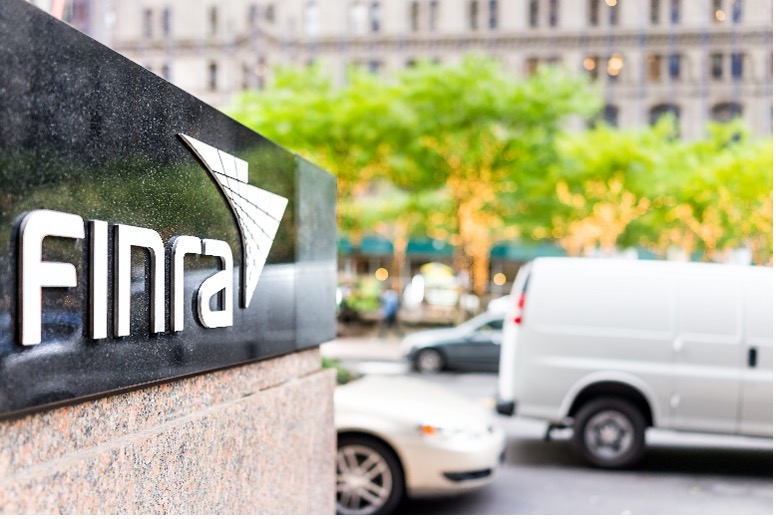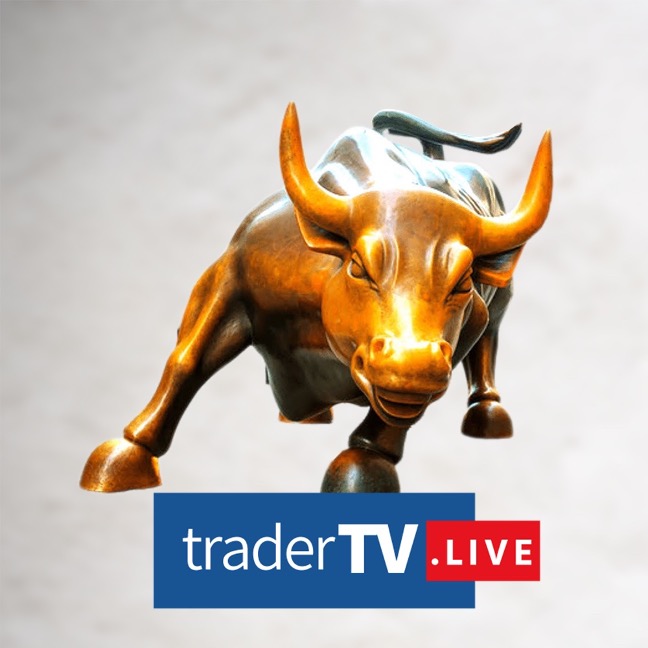As Elon Musk finalises the process of purchasing Twitter for $44bn, retail investors continue flocking to buy Twitter and Tesla shares en-masse via brokerage firms, a clear indicator that retail investing is still a key component of US market activity. Nonetheless, US regulators are warning that retail investors are often unaware of the risks involved with their trading especially when brokerage firms fail to disclose the complexities of their products.
The trading of Twitter shares over the past couple of weeks has been at an all-time high for retail investors. In April so far, trades in the stock have been 11x higher than the monthly average since 2020, the Wall Street Journal reports.
As retail investors flock once more to the marketspace to either cash in on their investments or seek new investments in light of massive developments as seen with Twitter, US regulators have warned of the inherent risks involved.
Calling for brokerage firms such as Robinhood and Webull to remind their customers of the risks involved with their platforms, the US Financial Industry Regulatory Authority (FINRA), issued a regulatory notice to all US brokerage firms last month.
The notice, labelling such brokerage products as ‘complex’ in nature, reminded firms of their legal obligations to make sure investors are aware that the platforms are suitable for their needs.
Speaking to CNBC about concerns held by FINRA and the SEC, Dave Nadig, financial futurist at ETF Trends, stated that: ‘The SEC (and other regulators) are concerned that there is a new raft of retail investors who are under-educated about what they are doing’.
FINRA’s notice states many brokerages make it ‘difficult for a retail investor to understand the essential characteristics of the products and their risks and are, therefore, complex’.
Crucial to the debate surrounding the future of retail trading is the issue of Payment-For-Order-Flow (PFOF). Payment-for-order-flow is central to the rise of the commission-free trading apps which have allowed trading by retail investors to boom in recent months.
Trader TV is now the most popular day trading show on YouTube (Source: TraderTV)
The practice enables brokerages like Robinhood to sell customers’ buy and sell orders to wholesalers, such as Citadel. So brokers generate revenue by offering zero-commission trading to retail investors when commissions are in fact being subsidized by wholesalers.
Daniel Schlaepfer, CEO of Select Vantage Inc (SVI) and Day Trade the World (DTTW) has called for the US and Canada to follow the EU’s intent to ban PFOF outright.
In an interview with Forbes earlier this year, Schlaepfer said:
‘In my view, banning PFOF would strike at the heart of the “gamification” problem. Access fees would become transparent and so properly factored into trading decisions, and the fact of incurring this cost would likely deter small retail investors from indulging in risky gamification, so a more sustainable equilibrium might be reached in the long-term’.
While regulators in the US continue to decide on their next moves, retail investors are being encouraged to think carefully about the risks involved in amateur day trading.
Recent studies by Vanda Research shows that around $1.3bn is still traded daily by retail investors alone in the US market, and that around 10 percent of Twitter’s entire investment base comes solely from retail investors.
It would seem that a new normal has emerged in which retail investors intend to occupy their newfound territory in the market for the long-haul. The sector is also more sophisticated than it was pre-pandemic, in light of the supply of available advice and information having increased to meet rising demand, with a number of day trading news and broadcast outlets rising to prominence in a short space of time.
With equipment such as Bloomberg terminals being extremely costly and designed specifically for seasoned financial professionals – and available only through order requests predominantly by internationally recognised financial firms – a gap has emerged in the market for platforms aiming to capture audience share for the newly ascendant amateur investor class.
TraderTV, for instance, is now the world’s largest day trading show. Sponsored by Daniel Schlaepfer’s ‘Day Trade The World’ franchise, the show broadcasts daily with professional traders Brendan Wickens, Shawn Catena and Neal Roberts. The show has already accrued over 25 million views of its videos and daily livestreams assessing the state of financial markets, as well as the wealth of expert guests that have featured on the platform, from Peter Schiff to Kevin O’Leary.
Retail investing, although not at its pandemic high, continues to play a growing role in global financial markets. It is arguably now becoming a cultural force in its own right.




 Bitcoin
Bitcoin  Ethereum
Ethereum  Tether
Tether  XRP
XRP  Solana
Solana  USDC
USDC  TRON
TRON  Lido Staked Ether
Lido Staked Ether  Cardano
Cardano  Avalanche
Avalanche  Toncoin
Toncoin